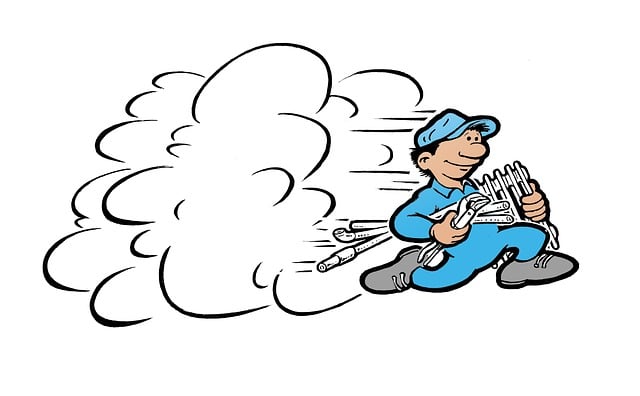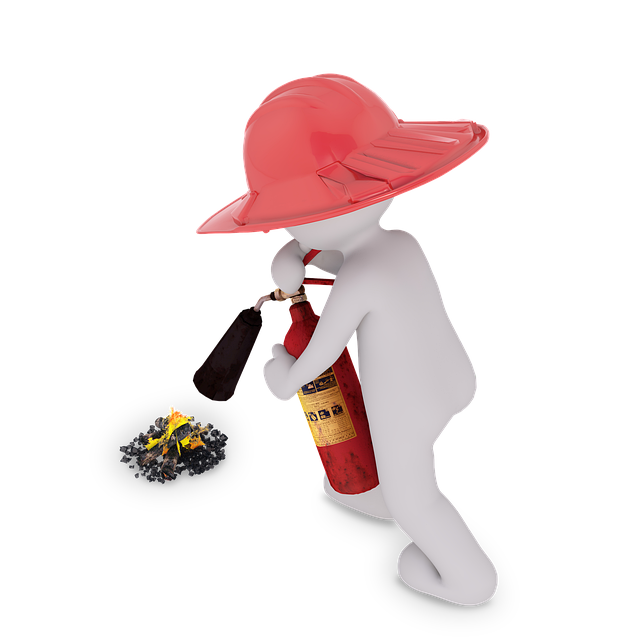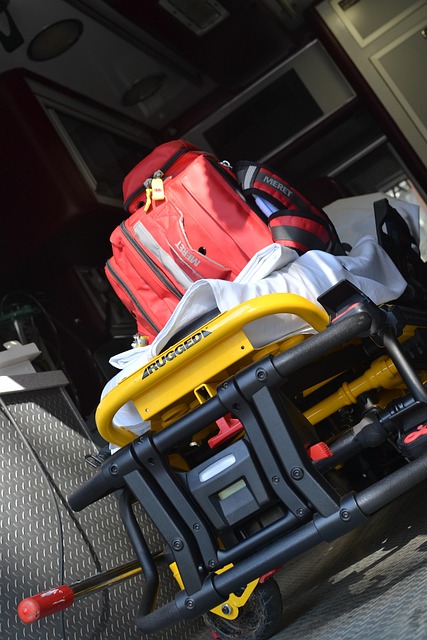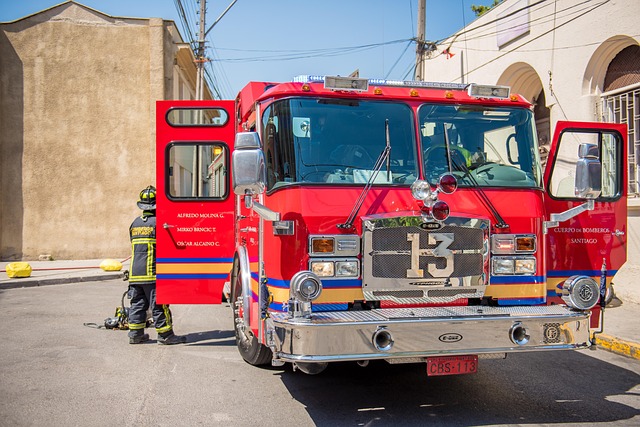Frozen pipes cause damage, requiring emergency plumber services for thawing, repiping, or burst pipe repairs. Proactive measures include insulating pipes, regular maintenance, and installing an emergency shutoff valve to prevent water damage and structural harm during winter. Homeowners benefit from professional expertise for swift diagnosis and long-term prevention using advanced tools and comprehensive knowledge.
Frozen pipes can cause severe damage to your home, leading to costly repairs and inconvenient disruptions. Knowing when to call an emergency plumber is crucial for minimizing these issues. This article guides you through understanding frozen pipe causes, recognizing effects, and identifying signs requiring emergency plumber services. We also explore key skills, tools, and prevention tips to keep your pipes from freezing in the future.
- Understanding Frozen Pipes: Causes and Effects
- When to Call an Emergency Plumber
- Key Skills and Tools of a Plumber for Frozen Pipes
- Preventing Future Pipe Freezes
Understanding Frozen Pipes: Causes and Effects

Frozen pipes are a common winter nuisance that can lead to serious damage if left unattended. Understanding what causes them and their effects is crucial for anyone facing this issue, especially during extreme cold snaps. Pipes freeze when the water inside them turns to ice, often due to prolonged exposure to temperatures below freezing. This can occur in any part of your home, from exposed pipes in attics or crawl spaces to those nestled behind walls or under floors.
The effects of frozen pipes are multifaceted. Firstly, they can cause disruptions to your plumbing system, leading to low water pressure or even complete loss of water supply. Secondly, frozen pipes are at risk of bursting, which can result in significant water damage and potential structural harm to your home. An emergency plumber services provider equipped with the right tools and knowledge can assist in thawing frozen pipes or, if necessary, provide same-day repipe services. Electrical plumbing integration is another option worth considering for long-term prevention, offering a reliable solution to keep pipes from freezing during harsh winters. Additionally, exploring plumbing coverage options ensures you’re prepared for any future issues with peace of mind.
When to Call an Emergency Plumber

If your pipes have frozen and you’re facing a plumbing disaster, it’s crucial to know when to call an emergency plumber service. While minor freezes can sometimes be resolved with DIY methods like turning up the heat or using hand warmers, more severe cases require professional intervention. Signs that it’s time to contact an expert include water leaks from pipes that have burst due to freezing temperatures, significant pressure buildup in plumbing systems, or when you notice a lack of water pressure in your home despite not having any recent changes to your water usage patterns.
In addition to frozen pipes, other indicators that warrant contacting emergency plumber services include slow draining sinks and toilets resulting from clogged drains that regular cleaning services haven’t been able to resolve, as well as signs of pipeline corrosion prevention methods failing. Even fire damage restoration plumbing tasks may necessitate the expertise of a professional. Remember that time is of the essence during plumbing emergencies, so don’t hesitate to reach out for prompt assistance to avoid further complications.
Key Skills and Tools of a Plumber for Frozen Pipes

When it comes to frozen pipes, an expert plumber is your best line of defense against potential water damage and costly repairs. A plumber for frozen pipes must possess a unique set of skills to navigate this challenging scenario effectively. Among their key abilities are diagnosing the issue swiftly, as they must quickly identify if pipes are simply frozen or if there’s a burst pipe that requires immediate attention. This often involves using specialized tools like thermal imaging cameras and pressure gauges to assess the plumbing system accurately.
These professionals also need comprehensive knowledge of various plumbing coverage options and repair techniques. They should be well-versed in pipe burst repair, understanding the latest methods for repairing or replacing damaged pipes. Moreover, staying up-to-date with plumbing system upgrades is crucial, as it allows them to offer modern solutions that enhance energy efficiency while ensuring long-term prevention against future freezes. Having these skills and tools at their disposal makes an emergency plumber service invaluable during cold snaps, providing peace of mind and prompt resolution for frozen pipe issues.
Preventing Future Pipe Freezes

To prevent future pipe freezes, homeowners can take several proactive measures. First, insulating pipes exposed to extreme cold is crucial; this simple step significantly reduces the risk of freezing. Installing robust water distribution systems and fitting older homes with repiping can also enhance protection against frost damage. Additionally, having an emergency shutoff valve in place enables quick responses during rare but severe situations.
Regular maintenance, including boiler repair and check-ups, is another vital strategy. Staying on top of these tasks ensures any potential issues are identified and resolved promptly, preventing extensive damage caused by frozen pipes. An efficient emergency plumber service should be readily available to handle unexpected freeze events, providing peace of mind year-round.
When faced with frozen pipes, it’s crucial to know when to seek professional help. Understanding the causes and effects of pipe freezes is the first step. If you notice significant water damage, unusual noises, or a lack of water pressure, it’s time to call an emergency plumber—a specialist equipped with the necessary skills and tools to thaw pipes efficiently. Preventative measures like insulation and regular maintenance can also significantly reduce future freeze risks. Rely on expert emergency plumber services for prompt and effective solutions during frozen pipe emergencies.
